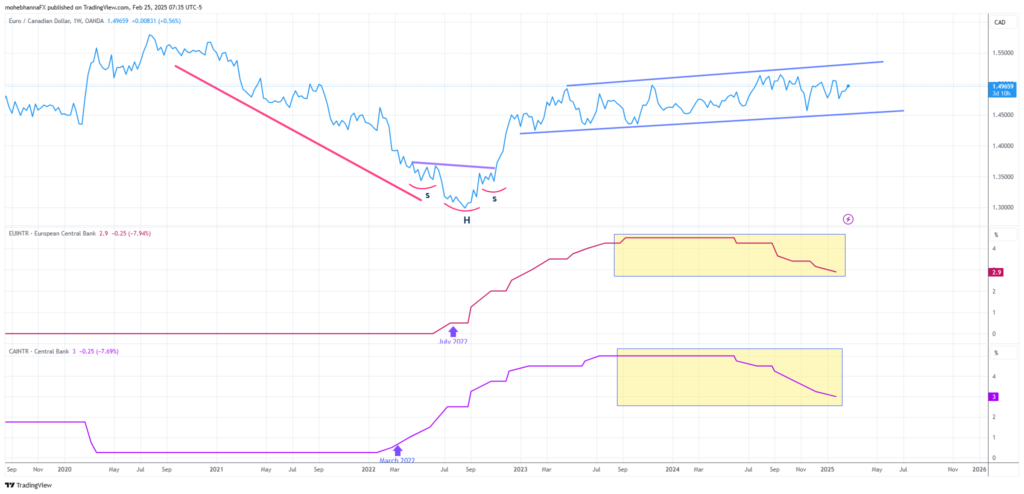The ongoing fluctuations in foreign exchange markets highlight the importance of monetary policy analysis for economic stability. Japan’s economy is particularly sensitive to this as rapid changes in the yen can have significant ripple effects.
The Role of Monetary Policy Analysis
Japan’s Keidanren Chief, Tokura, emphasizes that rapid FX fluctuations are not desirable for a stable economy. The goal is to achieve as much stability in the foreign exchange market as possible. There were concerns when the yen surged, prompting caution among Japanese officials about direct intervention or rate hikes.
According to a Bloomberg report, in trade discussions with the US, Japan is reluctant to commit to actions that would artificially bolster the yen, as this could distort market dynamics. The current forecasts show minimal scope for rate hikes, with only 14 basis points of tightening anticipated by the year’s end. Such restraint is driven by complexities surrounding tariffs and inflation dynamics.
Examining the Economic Impact
Tariffs and a stronger yen exert downward pressure on inflation, complicating the Bank of Japan’s decisions and necessitating prudent monetary policy analysis. With lower commodity prices adding another layer of pressure, the BoJ is poised to maintain its cautious stance.
The priority remains on mitigating negative economic impacts and shielding against volatility. This concern resonates across various sectors, underscoring the role of analytical insights in navigating such economic conditions.
Monetary policy analysis thus remains a cornerstone for shaping responses to FX instability, ensuring that decisions are not only reactive but informed by comprehensive data and trends.
At Bakara Invest, our analysis suggests that embracing careful monitoring of these fluctuations will better prepare economies to withstand shocks, thereby stabilizing monetary landscapes globally.
For more Forex market insights, visit our Forex News Section.
